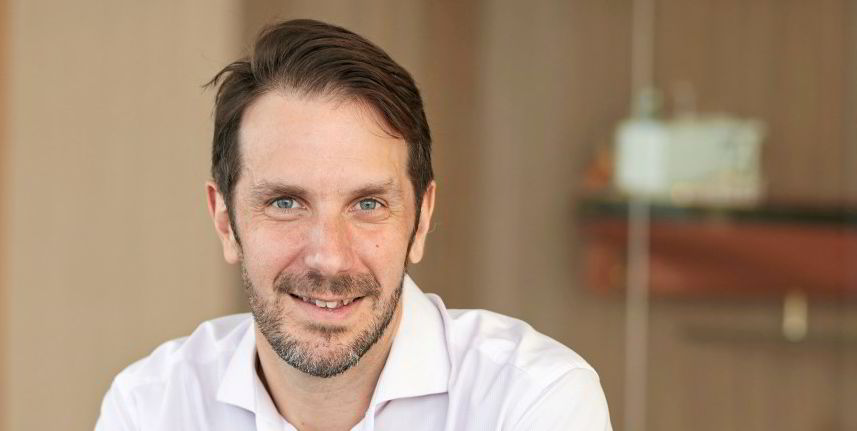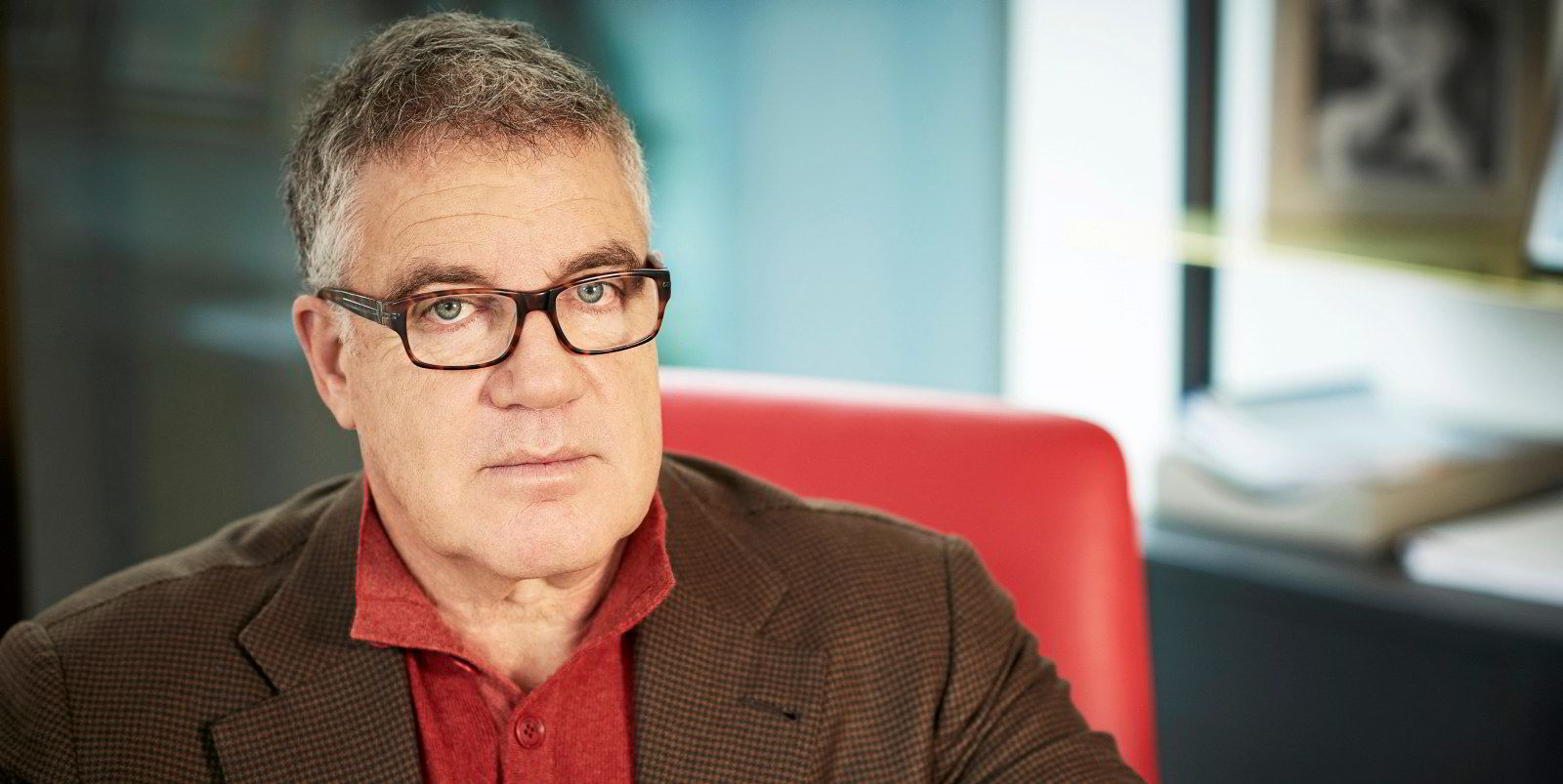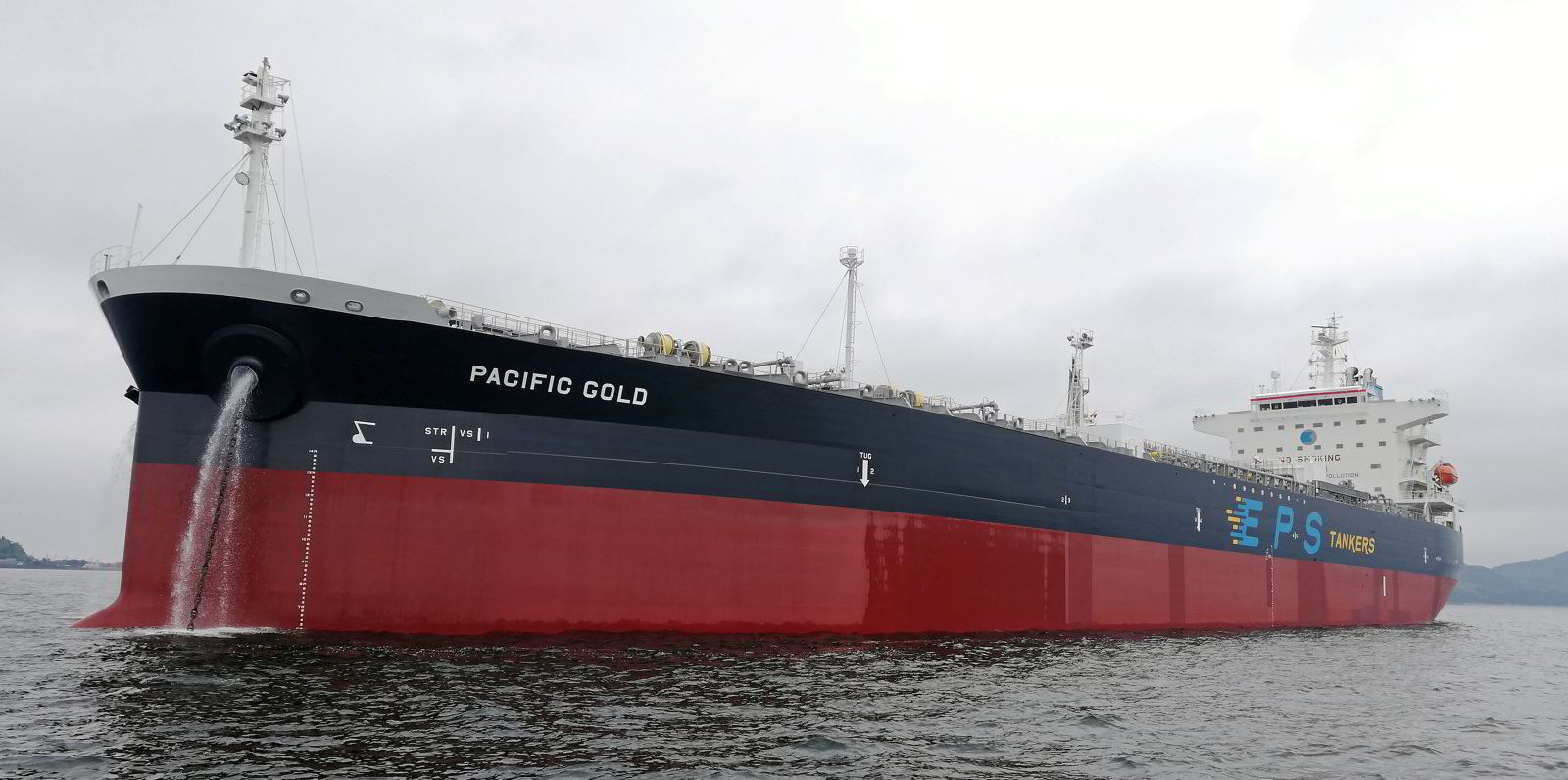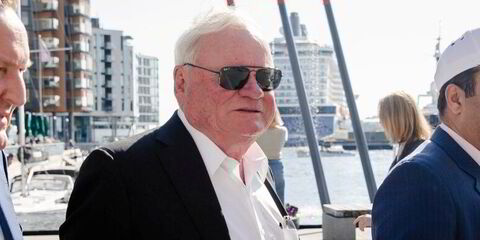Idan Ofer’s Eastern Pacific Shipping has invested $1.8bn across 14 decarbonisation projects over the past five years, and the technology works.
Chief executive Cyril Ducau estimates that these investments will eliminate 10m tonnes of CO2 over the life of its vessels, offsetting the equivalent of 2m trees.
“These investments have already allowed us to reach an annual efficiency ratio of 4.1 in 2022, a 20% reduction over the past seven years, he told TradeWinds ahead of the release of the company’s latest report on environmental, social and corporate governance on Friday.
The $1.8bn to reduce 10m tonnes of CO2 averages out at $180 for each tonne of CO2 saved.
Ducau admits this is high but notes that costs vary significantly depending on the type of technology deployed.
He believes higher adoption of these technologies by the wider industry should lead to a reduction in capital expenditure costs.
“We put our dollars on the table to try these solutions and see if we can achieve some results and learn from the process," he said, adding that Eastern Pacific’s philosophy is to share the results with the industry.
“We believe that for anything to happen in maritime decarbonisation, partnerships and scale will be critical,” he said. “If we bring volume, it will lower the economics and eventually make it viable for everyone.”
Eastern Pacific’s investments range from dual-fuel kits, carbon-capture technology and biofuels to a wide range of efficiency-improving technologies such as scrubbers, advanced coatings, voyage optimisation software and more.
The bulk of the $1.8bn was allocated to dual-fuel kits for 74 vessels both on the water and on order. Of these, 56 use LNG and the rest use either LPG or ethane.
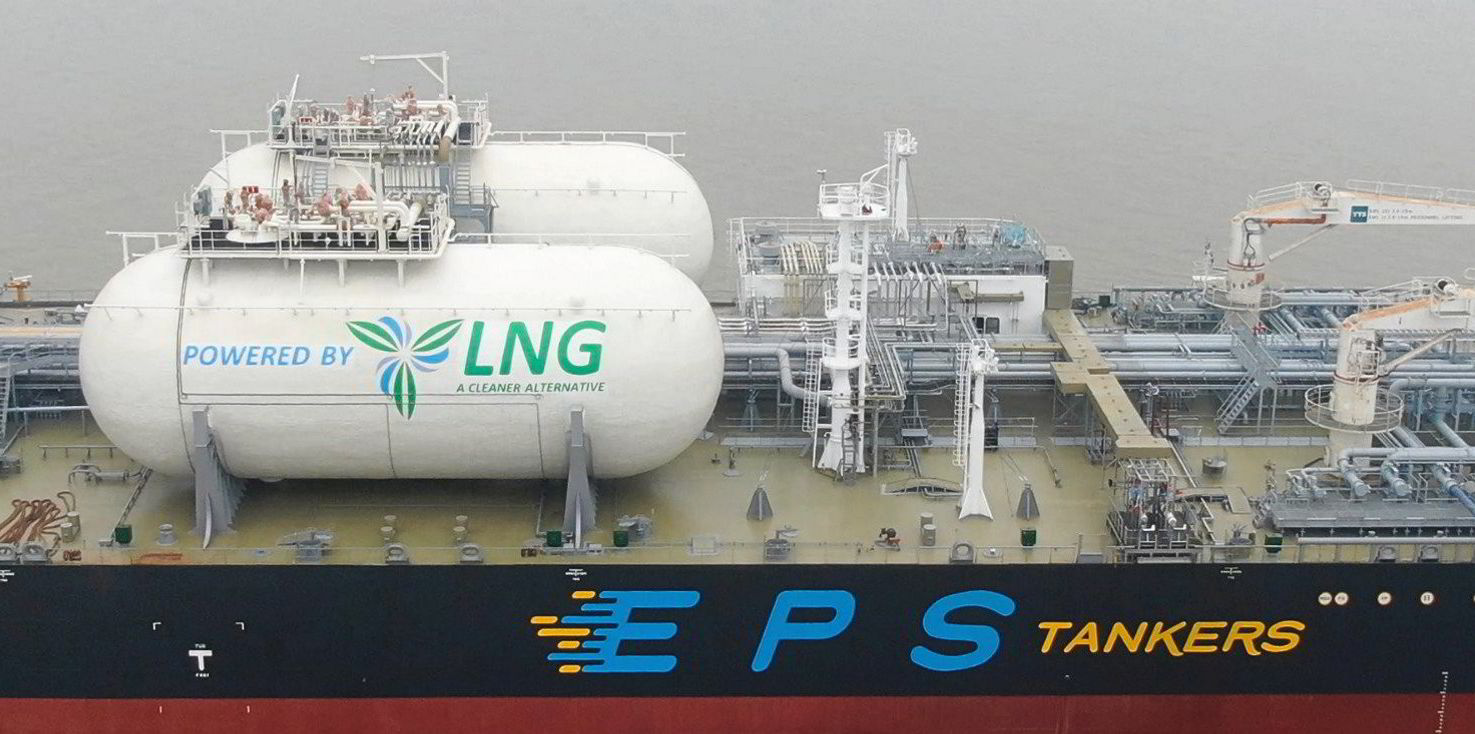
Eastern Pacific has long been a strong promoter of LNG as a marine fuel, which it says results in a well-to-wake CO2 reduction of 25% over conventional marine fuels.
Ducau disagrees with many industry observers who suggest LNG is a short-term transition fuel at best. He claims LNG, LPG and ethane will continue to be used for many years as a bridge to the next generation of green marine fuels.
“Many other alternative marine fuels discussed in the headlines are outliers and will need large-scale investments and the right economic conditions to become viable,” he said. “The current production of these outlier fuels is barely enough for shipping today and might more efficiently be used to decarbonise other industries such as steel production or power generation.”
Ducau also believes bio-LNG will be a good avenue to potentially reduce the emissions of LNG-powered vessels by 50% or even further.
Bio-LNG, as well as biofuel, are projects that Eastern Pacific has invested in, and is trialling on its ships.
The company’s latest decarbonisation project involves carbon-capture technology, with systems currently being trialled on three vessels.
This technology, which is used in tandem with a SOx scrubber, is something that Ducau believes is especially promising. He expects the cost to come in at less than $100 per tonne of CO2, which he considers a relatively cheap solution.
‘Low-hanging fruit’
Other investments have been made in what Ducau refers to as “low-hanging fruit” — low-investment, high-impact technology designed to improve the efficiency of existing machinery and vessels.
“We have energy-saving devices that give a reduction in consumption of 5% to 6%,” he said. “Reductions from new coatings on the hull can range from 4% to 5%. Performance-monitoring software can be anything from zero to 4%, which can be from one incident where you realise part of your machinery has not been optimised.”
Ducau said the big takeaway from the projects that Eastern Pacific has been involved with is that there is no one-size-fits-all technology solution for reducing vessel emissions.
Different solutions, or combinations of solutions, are required by different vessel types and trading patterns.
“Generally speaking, of the 14 projects that we have, I think we can say we have a positive impact on consumptions and emissions,” Ducau said. “But then it becomes a question of cost — which solution is the most cost-effective and optimal for what vessel?
“Cost matters if we want to create viable solutions to lower emissions.”
Eastern Pacific Shipping has also put its money where its mouth is on the benefits of sport and a healthy lifestyle by backing a Singapore-based cycling team.
The Idan Ofer-controlled company has become the premier sponsor of Allied World Quantum Racing, previously known as Allied World Racing.
Eastern Pacific chief executive Cyril Ducau, who is an avid cyclist himself, said the move reinforced “its culture of excellence, and the important role sport plays in leading an active and healthy lifestyle”.
Eastern Pacific is part of the Quantum Pacific group of companies that Ofer controls. The Israeli shipowner also has a significant stake in Spanish top-flight football club Atletico de Madrid and is the main stakeholder in FC Familicao, a football team that competes in the highest division in Portugal.
Allied World Quantum Racing is one of the top cycling teams in the Lion City and is also co-sponsored by global insurance company Allied World Insurance.
